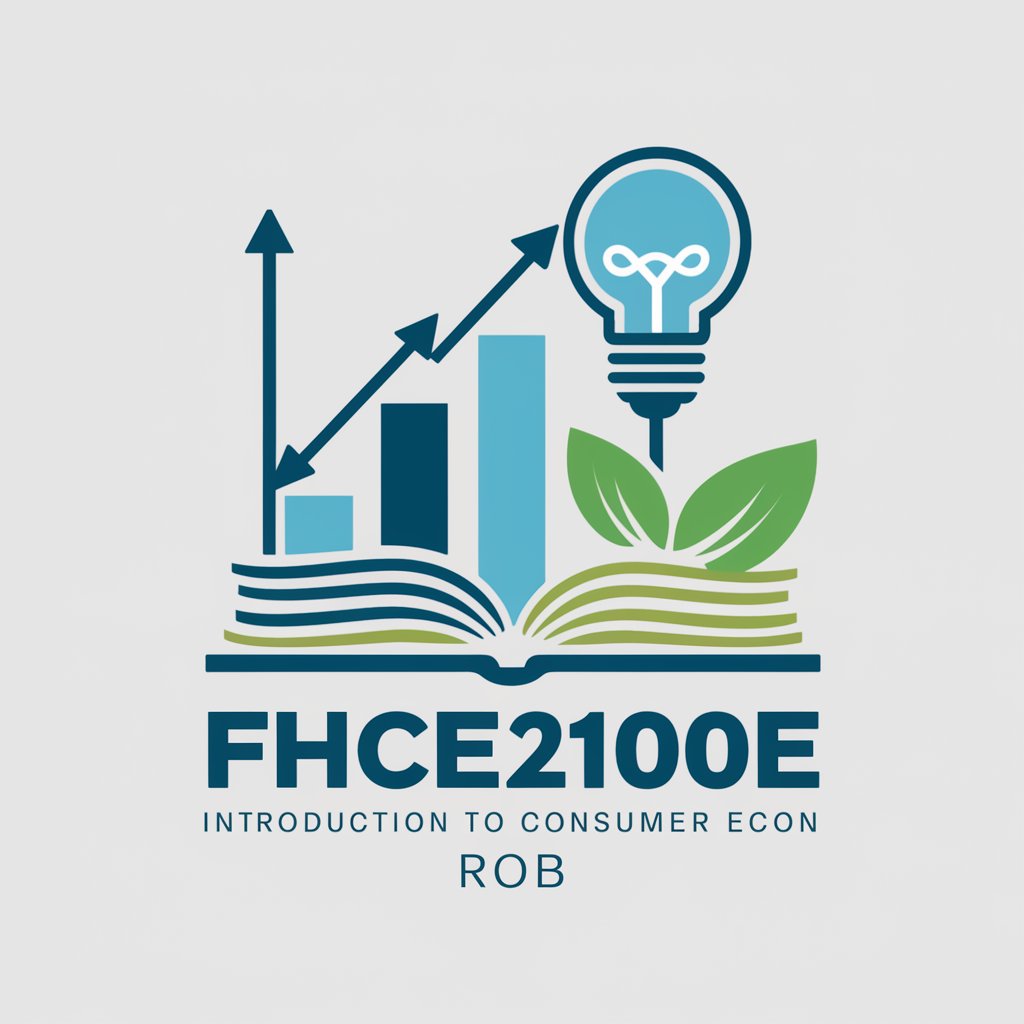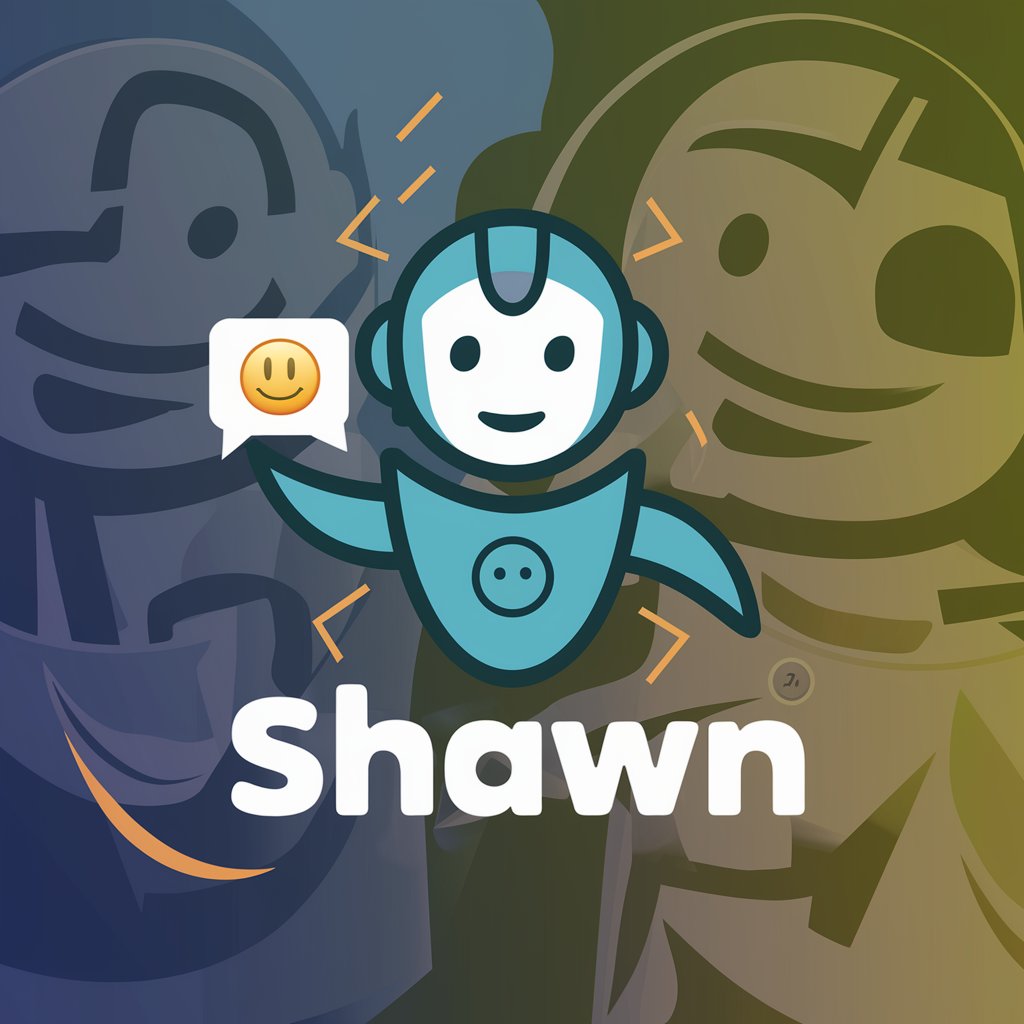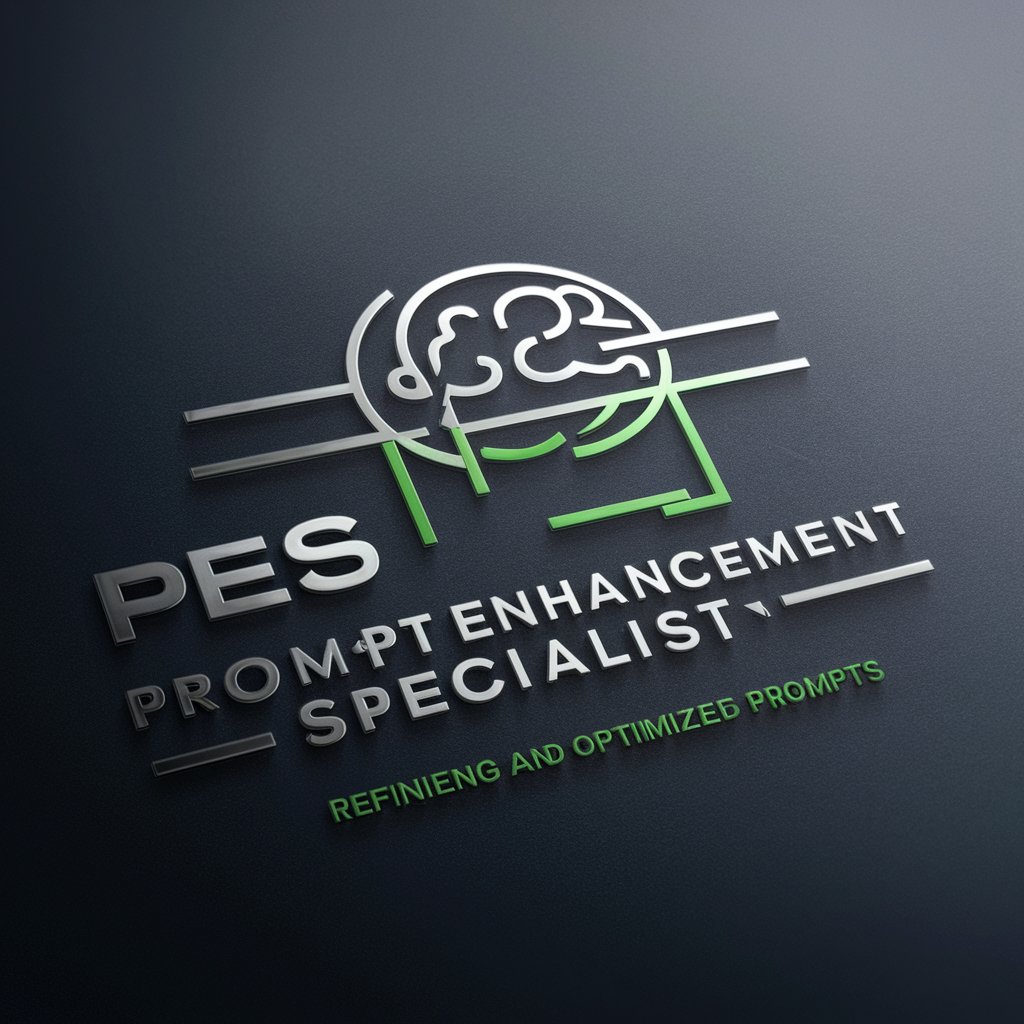
FHCE2100E Introduction to Consumer Econ - consumer economics insight

Welcome to FHCE2100E, your guide to mastering consumer economics!
Empowering informed consumer decisions with AI
Explain the concept of opportunity cost in consumer decision-making.
What are the key steps in the rational decision-making model?
How does behavioral economics influence consumer choices?
What is the role of heuristics in consumer decision-making?
Get Embed Code
FHCE2100E Introduction to Consumer Economics
FHCE2100E Introduction to Consumer Economics, also referred to as Consumer Decision Making, is a foundational course designed to equip students with the theoretical and practical understanding of economic decisions at the consumer level. This course delves into the intricacies of decision-making processes, economic principles, and their application in everyday life. By exploring concepts such as scarcity, opportunity costs, and rational decision-making, students are taught to analyze and make informed decisions on issues ranging from personal finance to consumer rights and responsibilities. Through a blend of lectures, case studies, and practical exercises, the course emphasizes the role of consumers in the economy, the impact of their decisions on the market, and strategies to enhance their well-being and financial literacy. Powered by ChatGPT-4o。

Main Functions of FHCE2100E
Understanding Economic Principles
Example
Exploring the concept of scarcity and how it necessitates the need for choice and prioritization in consumer decisions.
Scenario
Students learn to apply economic principles to evaluate the cost-benefit analysis of everyday decisions, such as whether to save or spend, based on the scarcity of resources.
Decision-Making Processes
Example
Analyzing different decision-making models, including rational decision-making and Maynes' model of decision-making under risk.
Scenario
Through case studies, such as deciding how to act in the face of a natural disaster, students practice assessing risks, probabilities, and outcomes to make informed choices.
Application of Consumer Rights and Responsibilities
Example
Understanding consumer protection laws and how to exercise consumer rights effectively.
Scenario
Students engage in simulations that require them to navigate scenarios involving consumer rights, such as disputing a billing error or returning a defective product.
Financial Literacy and Management
Example
Learning about personal finance management, including budgeting, saving, investing, and credit management.
Scenario
Students are tasked with creating a personal budget and financial plan that accounts for their income, expenses, savings goals, and investment strategies.
Ideal Users of FHCE2100E Services
Undergraduate Students
Students pursuing degrees in family and consumer sciences, economics, finance, or related fields who seek a foundational understanding of consumer economics and decision-making processes.
Future Consumer Advocates
Individuals interested in careers in consumer advocacy, policy making, or consumer protection who require a deep understanding of consumer rights, market dynamics, and economic policies affecting consumers.
Personal Finance Enthusiasts
Anyone with an interest in personal finance management, looking to enhance their financial literacy, and make informed decisions about saving, investing, and spending.

Guidelines for Utilizing FHCE2100E Introduction to Consumer Econ
Begin your journey
Start by visiting yeschat.ai to access a trial period that's free of charge, requiring no login or subscription to ChatGPT Plus.
Explore course materials
Dive into a wealth of resources including lectures, handouts, and textbooks specifically designed for FHCE2100E to enhance your understanding of consumer economics.
Apply concepts to real-life scenarios
Leverage the economic principles and decision-making strategies covered in FHCE2100E to analyze and solve consumer-related problems in various contexts.
Engage with interactive tools
Utilize interactive tools and exercises provided within the course materials to test your understanding and apply economic concepts in simulated environments.
Reflect and connect
Regularly reflect on how the concepts learned in FHCE2100E apply to your own consumer behaviors and economic decisions, and connect theory with practice for a deeper learning experience.
Try other advanced and practical GPTs
Artful Communicator
Empower Your Words with AI

Deutsch Helfer
Enhance Your German with AI

Text Polisher
Perfect Your Prose with AI

Linguist Tutor
Elevate Your Writing with AI-Powered Feedback

English Mentor
Refine Your English with AI

Shawn
Smart AI for smarter interactions

Math & Econ Expert
AI-powered math & economics tool for deep learning.

Micro Econ Tutor
AI-Powered Microeconometrics Learning Assistant

Econ Teacher
AI-powered Economics Tutor and Visualizer

Stock Insight Analyst
Empowering Financial Insights with AI

Prompt Perfectionist
Refine AI interactions efficiently

stock market analysis
Empower Your Investments with AI

Detailed Q&A about FHCE2100E Introduction to Consumer Econ
What is the main focus of FHCE2100E Introduction to Consumer Econ?
The main focus of FHCE2100E is to provide students with a comprehensive understanding of consumer economics, including economic principles, decision-making processes, and their application in everyday consumer behavior.
How does FHCE2100E address the concept of decision making?
FHCE2100E delves into decision making by exploring various models and strategies consumers use to make informed decisions. This includes rational decision-making models, cost-benefit analyses, and the impact of scarcity and opportunity cost on consumer choices.
Can FHCE2100E help in understanding personal finance management?
Yes, the course covers aspects of personal finance management, offering insights into budgeting, saving, and investing from a consumer's perspective, and providing tools for effective financial planning and decision making.
What kind of practical applications does FHCE2100E offer?
FHCE2100E includes practical applications such as case studies, simulations, and interactive exercises that allow students to apply economic principles and decision-making strategies to real-world scenarios and consumer problems.
How does FHCE2100E incorporate current economic trends and data?
The course integrates current economic trends and data through updated readings, lectures, and discussions, ensuring that students can relate course material to the contemporary economic environment and consumer market.